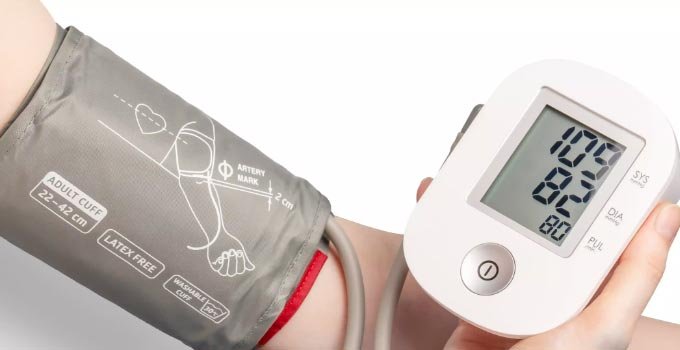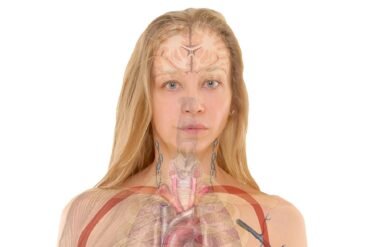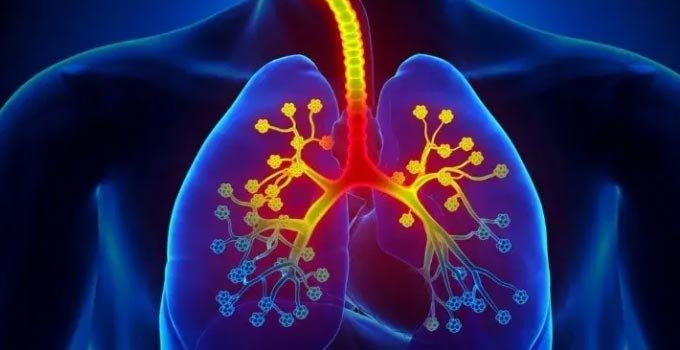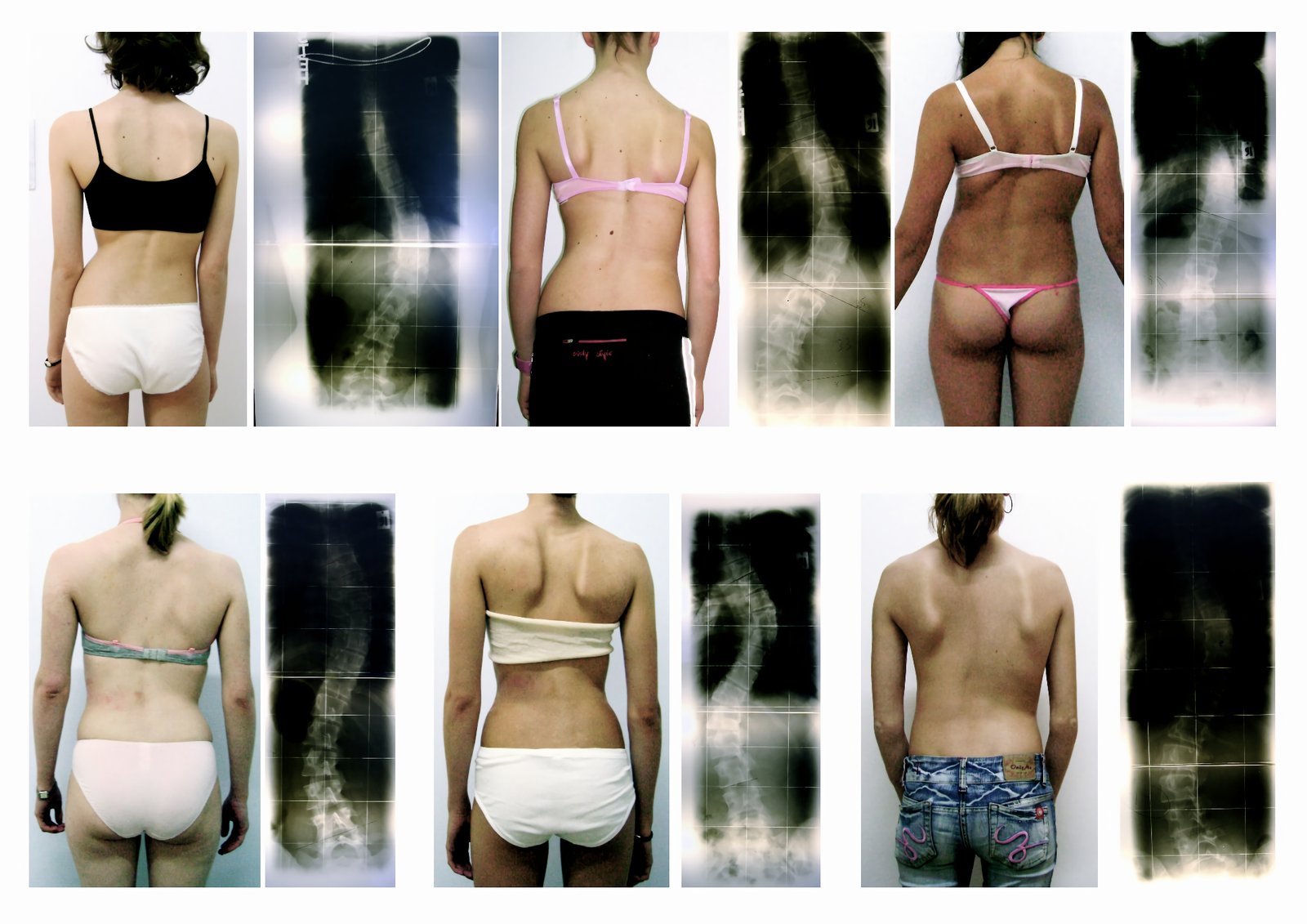Managing High Blood Pressure: Diet, Exercise, and Medication

Table of Contents
Introduction: Understanding High Blood Pressure
High blood pressure, also known as hypertension, is a common medical condition that affects millions of people worldwide. It occurs when the force of blood against the walls of your arteries is too high, putting extra strain on your heart and blood vessels. If left untreated, high blood pressure can lead to serious health complications, such as heart disease, stroke, and kidney problems.
Understanding the causes and risk factors of high blood pressure is crucial for effective management and prevention. There are two main types of hypertension: primary (essential) and secondary. Primary hypertension is the most common form, and its exact cause is unknown. However, factors such as age, family history, obesity, stress, and unhealthy lifestyle choices can contribute to its development. Secondary hypertension, on the other hand, is caused by an underlying medical condition, such as kidney disease or hormonal disorders.
Regular monitoring of blood pressure is essential in managing hypertension. Blood pressure is measured using two numbers: systolic pressure and diastolic pressure. The systolic pressure measures the force exerted on artery walls when the heart beats, while the diastolic pressure measures the force when the heart is at rest between beats. A normal blood pressure reading is typically around 120/80 mmHg (millimeters of mercury) or lower.
Adopting a healthy lifestyle is crucial in managing high blood pressure. This includes following a balanced and nutritious diet, engaging in regular physical activity, maintaining a healthy weight, limiting alcohol consumption, and avoiding smoking. These lifestyle modifications can help lower blood pressure and reduce the risk of complications.
In addition to lifestyle changes, medication may be prescribed to manage high blood pressure. There are several types of medication available, including diuretics, beta-blockers, calcium channel blockers, and angiotensin-converting enzyme (ACE) inhibitors. The choice of medication depends on individual factors, such as age, overall health, and the severity of hypertension.
- A diuretic helps the body eliminate excess salt and water, reducing blood volume.
- Beta-blockers reduce the heart rate and the heart’s workload.
- Calcium channel blockers relax and widen blood vessels, improving blood flow.
- ACE inhibitors block the production of a hormone that constricts blood vessels, allowing them to relax.
Managing high blood pressure requires a combination of lifestyle changes and, in some cases, medication. It is important to work closely with your healthcare provider to develop an individualized treatment plan that suits your specific needs. By taking steps to control your blood pressure, you can significantly reduce the risk of related health problems and improve your overall well-being.
The Role of Diet: Healthy Eating Habits
Maintaining a healthy diet is crucial for managing high blood pressure. Making positive changes to your eating habits can significantly reduce your blood pressure levels and improve your overall health. Here are some dietary guidelines to follow:
- Reduce Sodium Intake: Consuming too much sodium can cause your blood pressure to rise. Limit your daily sodium intake to less than 2,300 milligrams (about a teaspoon of salt).
- Increase Potassium Intake: Potassium helps counteract the effects of sodium on blood pressure. Include potassium-rich foods such as bananas, oranges, tomatoes, spinach, and sweet potatoes in your diet.
- Choose Whole Grains: Opt for whole grains instead of refined grains. Whole grains contain more fiber, which can help lower blood pressure. Incorporate whole wheat bread, brown rice, and oats into your meals.
- Eat Plenty of Fruits and Vegetables: Fruits and vegetables are packed with essential vitamins, minerals, and fiber. Aim for at least five servings per day, including a variety of colors to get a wide range of nutrients.
- Reduce Saturated Fat and Trans Fat: Limit your intake of saturated and trans fats, as they can raise cholesterol levels and contribute to high blood pressure. Choose lean meats, low-fat dairy products, and healthier cooking oils.
- Monitor Alcohol Consumption: Drinking excessive amounts of alcohol can increase blood pressure. If you choose to drink, do so in moderation. Men should limit themselves to two drinks per day, while women should only have one.
- Manage Portion Sizes: Be mindful of your portion sizes to control calorie intake. Overeating can lead to weight gain, which is often associated with high blood pressure. Use smaller plates and bowls to help manage portion sizes.
It’s important to note that these dietary changes should be part of a comprehensive approach to managing high blood pressure. Always consult with your healthcare provider or a registered dietitian for personalized recommendations and guidance. By adopting healthy eating habits, you can take control of your blood pressure and improve your overall well-being.
Exercise for Lowering Blood Pressure
Exercise is an essential component in managing high blood pressure. Regular physical activity can help lower blood pressure and improve overall cardiovascular health. Here are some exercises that are particularly effective in reducing blood pressure:
- Aerobic exercises: Engaging in aerobic activities such as brisk walking, jogging, cycling, swimming, or dancing for at least 30 minutes a day can significantly lower blood pressure. These exercises increase heart rate and improve blood flow, thus reducing the strain on the heart.
- Strength training: Incorporating strength training exercises into your routine can also be beneficial. Lifting weights or using resistance bands helps build lean muscle mass, which can lead to a decrease in blood pressure. Aim for two or three strength training sessions each week, focusing on different muscle groups.
- Yoga and Tai Chi: Practicing gentle exercises like yoga and Tai Chi can help reduce stress, improve flexibility, and promote relaxation. These activities can have a positive impact on blood pressure and overall well-being.
- Interval training: High-intensity interval training (HIIT) involves alternating between short bursts of intense exercise and periods of rest or lower-intensity activity. This type of training has been found to be effective in lowering blood pressure.
It is important to consult with your healthcare provider before starting any new exercise program, especially if you have high blood pressure or other underlying medical conditions. They can provide guidance on the most suitable exercises and help you create a safe and effective workout plan.
Remember, consistency is key when it comes to exercise and blood pressure management. Aim for at least 150 minutes of moderate-intensity aerobic activity or 75 minutes of vigorous activity each week, along with strength training exercises. By incorporating regular exercise into your routine, you can take proactive steps towards lowering your blood pressure and improving your overall health.
Medications for Managing Hypertension
While lifestyle modifications such as a healthy diet and regular exercise are crucial for managing high blood pressure, sometimes medication is necessary to achieve optimal control. There are several types of medications available that can effectively lower blood pressure levels. It is important to follow your healthcare provider’s recommendations and take medication as prescribed.
Here are some commonly prescribed medications for managing hypertension:
- Diuretics: These medications help the kidneys eliminate excess sodium and water from the body, reducing the volume of blood. This, in turn, lowers blood pressure. Diuretics are often the first-line treatment for hypertension.
- Angiotensin-Converting Enzyme (ACE) Inhibitors: ACE inhibitors work by blocking the production of a hormone called angiotensin II, which constricts blood vessels and increases blood pressure. By relaxing and widening blood vessels, ACE inhibitors help lower blood pressure.
- Angiotensin II Receptor Blockers (ARBs): Similar to ACE inhibitors, ARBs also work on angiotensin II. Instead of blocking its production, they prevent its binding to receptors, resulting in vasodilation and reduced blood pressure.
- Beta Blockers: Beta blockers reduce the heart’s workload by blocking the effects of adrenaline. They slow down the heart rate, decrease cardiac output, and lower blood pressure.
- Calcium Channel Blockers: These medications prevent calcium from entering the cells of the heart and blood vessels, relaxing and widening them. As a result, blood pressure is reduced.
It is important to note that the effectiveness of these medications may vary from person to person. Your healthcare provider will determine the most suitable medication based on your individual needs and medical history. Additionally, it may take some time to find the right dosage or combination of medications that effectively control your blood pressure.
Remember, medication alone is not enough to manage hypertension. It should be combined with a healthy lifestyle, including a balanced diet, regular exercise, stress management, and adequate sleep. By following your healthcare provider’s guidance and making positive lifestyle choices, you can effectively manage your high blood pressure and reduce the risk of complications.
Lifestyle Changes for Long-Term Control
Managing high blood pressure requires a comprehensive approach that includes lifestyle changes in addition to medications. By adopting these lifestyle modifications, you can achieve long-term control over your blood pressure levels and improve your overall health. Here are some key lifestyle changes that can help you manage high blood pressure:
- Follow a heart-healthy diet: A diet rich in fruits, vegetables, whole grains, lean proteins, and low-fat dairy products can significantly lower your blood pressure. Limit your intake of saturated fats, cholesterol, sodium, and added sugars.
- Engage in regular physical activity: Regular exercise is crucial for maintaining healthy blood pressure levels. Aim for at least 150 minutes of moderate-intensity aerobic activity or 75 minutes of vigorous-intensity aerobic activity per week. Additionally, incorporate strength training exercises twice a week.
- Maintain a healthy weight: Losing excess weight and maintaining a healthy body mass index (BMI) can greatly reduce your blood pressure. Even a modest weight loss of 5-10% can make a significant difference.
- Reduce sodium intake: Excessive sodium consumption can raise blood pressure levels. Limit your sodium intake by avoiding processed and packaged foods, reading food labels carefully, and using herbs and spices to flavor your meals instead of salt.
- Limit alcohol consumption: Drinking alcohol in moderation is generally acceptable, but excessive consumption can lead to high blood pressure. Men should limit their intake to two drinks per day, while women should limit it to one drink per day.
- Avoid tobacco and limit caffeine: Smoking and using tobacco products can cause a temporary increase in blood pressure levels. Additionally, excessive caffeine intake can also raise blood pressure. Quit smoking and limit your caffeine consumption to maintain healthy blood pressure levels.
- Manage stress levels: Chronic stress can contribute to high blood pressure. Find healthy ways to manage stress, such as practicing relaxation techniques, engaging in hobbies, spending time with loved ones, or seeking professional help if needed.
- Monitor your blood pressure regularly: Keep track of your blood pressure readings at home using a reliable blood pressure monitor. Regular monitoring will help you and your healthcare provider assess the effectiveness of your lifestyle changes and adjust your treatment plan accordingly.
Remember, lifestyle changes are not a one-time fix but rather a long-term commitment. By incorporating these modifications into your daily routine, you can take control of your high blood pressure and improve your overall well-being.


























